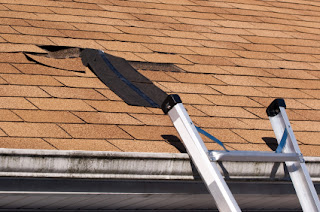 Your insurance company is responsible for paying the claim, as laid out in your homeowner policy. Typically, it is your responsibility to oversee the project with your contractor, and when applicable, your lender. The exception would be if your insurance company has given you assurances or if your policy contains a provision that obligates the insurer to manage a covered home repair or rebuild.
Your insurance company is responsible for paying the claim, as laid out in your homeowner policy. Typically, it is your responsibility to oversee the project with your contractor, and when applicable, your lender. The exception would be if your insurance company has given you assurances or if your policy contains a provision that obligates the insurer to manage a covered home repair or rebuild.However, if you are using an insurer�s recommended (sometimes called �preferred�) contractor, you should expect assistance from the insurer in answering your questions about the contractor�s actions and performance.
Many insurers also require the homeowner to stop the damage from getting worse--this is called loss mitigation in your policy. If you don�t mitigate the loss, you could be on the hook for paying for any resulting additional damage. For example, if you have water damage in your home, you must control it as soon as you discover it. If you let it go until you get around to calling your insurance company, you will be responsible for any resulting damage, including rot, mildew or mold. Even if you use an insurer's preferred contractor, you are still responsible for mitigating the loss prior to the contractor showing up and starting the repairs.
- Read about homeowner insurance.
- Make sure your contractor is licensed and bonded at suspectfraud.wa.gov.





0 Comments